The physical causes of poor sleep on vacation
Change of environment
From the very first night in a new environment (hotel room, holiday resort or family home) the brain unconsciously adopts a residual vigilance. This phenomenon, known asfirst-night effectThis "sleep reflex" results in lighter, sometimes uni-hemispheric sleep, in order to stay alert in the face of an environment perceived as less safe. Although this reflex can evolve, it can disrupt several nights' sleep, particularly if the environment remains uncomfortable (mattress too firm or unusual odors). (Condé Nast traveler - Why Is It So Hard to Sleep While Traveling? - 2024)
Time zones and circadian rhythms
When we travel across several time zones, our internal clock gets out of whack. This is known as jetlag a temporary maladjustment of the circadian rhythm, leading to insomnia, fatigue and sleep disorders (Cleveland Clinic - Jet Lag - 2024)
Modified diet and habits
On vacation, it's common to dine later, eat more heavy foods or alcohol, or change the pace of physical activity. These changes have a detrimental effect on digestion, falling asleep and sleep quality (Sleep Foundation - Travel & Sleep - 2025 and Ameli - Adult insomnia and sleep disorders: definition, contributing factors and consequences - 2025)
Psychological and emotional causes
The pressure to enjoy
The desire to make the most of every moment can lead to emotional hyperstimulation. We multiply outings, visits, festive moments... to the point where the body finds it hard to relax, and the brain to stop.
Anxiety about change
Even when it's positive, adapting to a new place creates latent stress: logistics, altered reference points, possible losses, accounts to render... all factors that activate the alert system, secrete cortisol and slow down the process of falling asleep.
A break from everyday life
Changing location means abandoning habits (bedtime, rituals, atmosphere...), and the absence of familiar landmarks can lead to a kind of disorientation, which is very real for sleep regulation.
"Holidays, even when synonymous with rest, disrupt our routines and trigger natural protective mechanisms."
How can I sleep better on vacation?
Here are a few tips on how to improve your sleep and get the most out of your vacations.
Recreating a reassuring environment
Re-establishing a familiar atmosphere helps the brain to relax its alertness. Bring a little bit of home with you: a sleep mask, a silk pillowcase, silk pyjamas, earplugs, an essence diffuser (such as lavender), a book to leaf through before bedtime, etc. (Clayton Sleep Institute - Travel insomnia explained: Why you can't sleep away from home and how to fix it - 2025). Comfortable bedding and optimized room temperature (ideally between 16 and 19°C) also promote deep sleep.
Our silk products that can help you sleep better :
Maintaining a regular rhythm
Keeping bedtime and wake-up times close to those of everyday life helps maintain circadian coherence. Soothing rituals (gentle reading, breathing, meditation) ease the transition to sleep.
Managing nutrition and hydration
Eating light meals in the evening, avoiding alcohol and late-night caffeine, and paying attention to hydration, all contribute to a more serene sleep.
Taking care of your mind
Mourning the "perfect vacation" releases tension. Relaxation techniques, deep breathing, meditation applications, sleep diaries... are all invaluable tools.
Conclusion: remember that the body needs to adapt
Vacations, even when synonymous with rest, disrupt our routines and trigger natural protective mechanisms. Above all, those few restless nights are evidence of a process of adaptation. Gently, with kindness, by recreating a serene setting and keeping anchored to familiar rituals, while forgetting about the pressure to perform, we end up restoring restful sleep, even away from home.
Don't let discomfort spoil your nights. With our silk essentials, pillowcases, night masks and pyjamas, recreate the softness and serenity of your bedroom, wherever your vacation takes you.



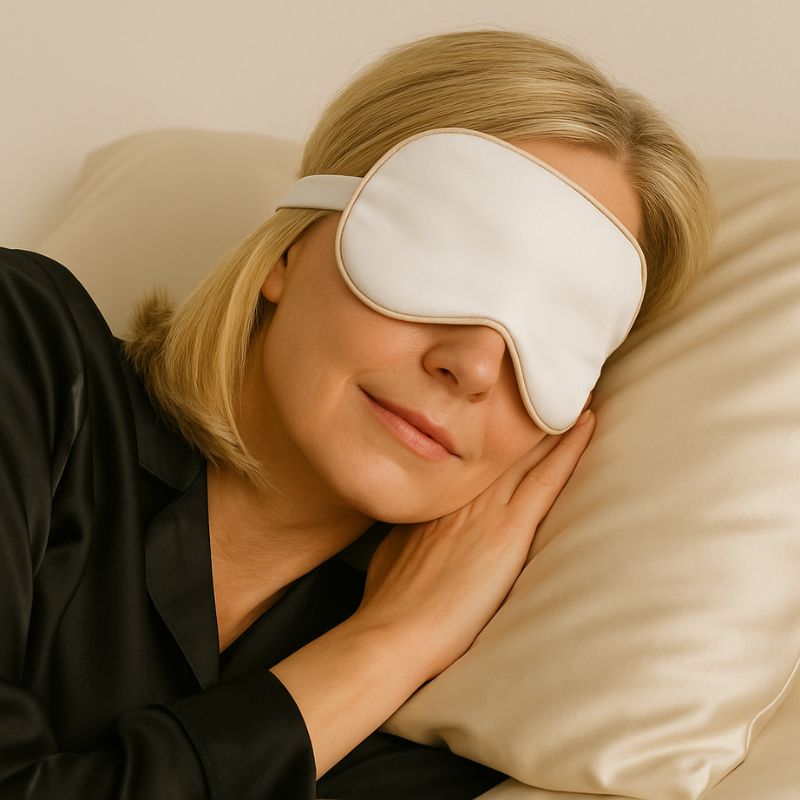
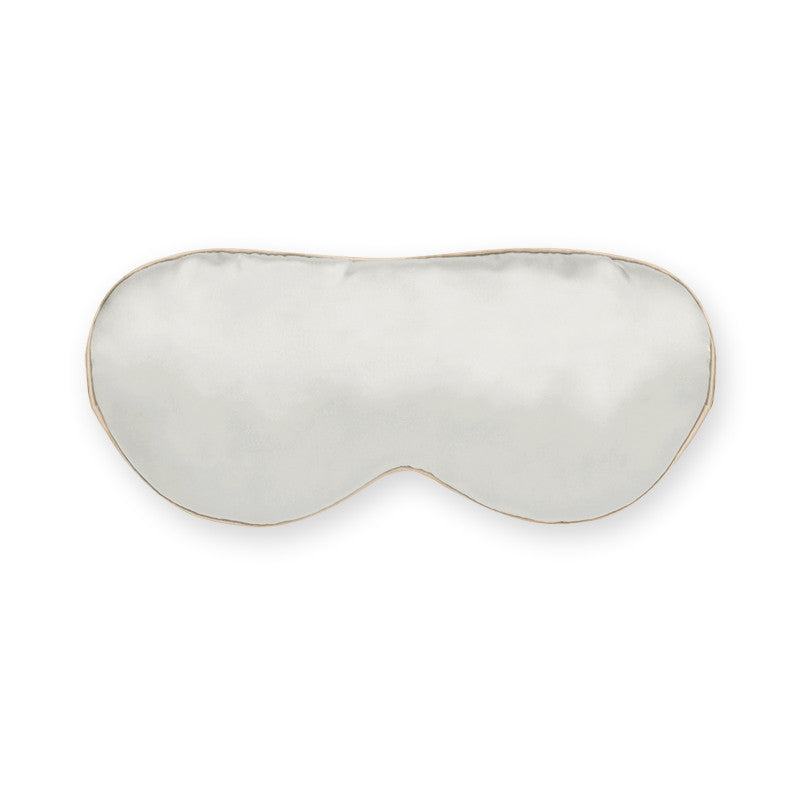
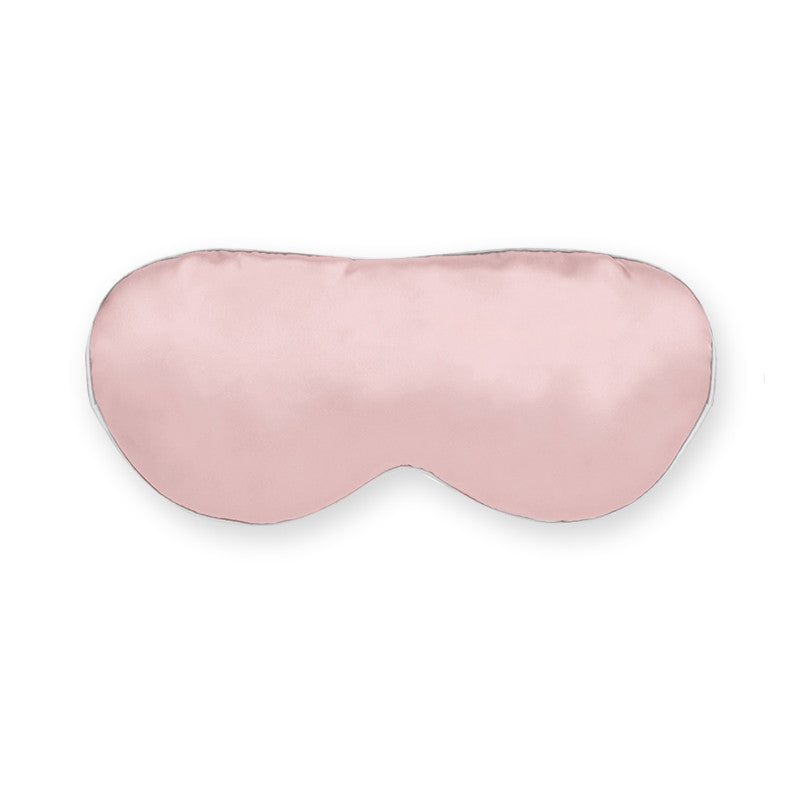
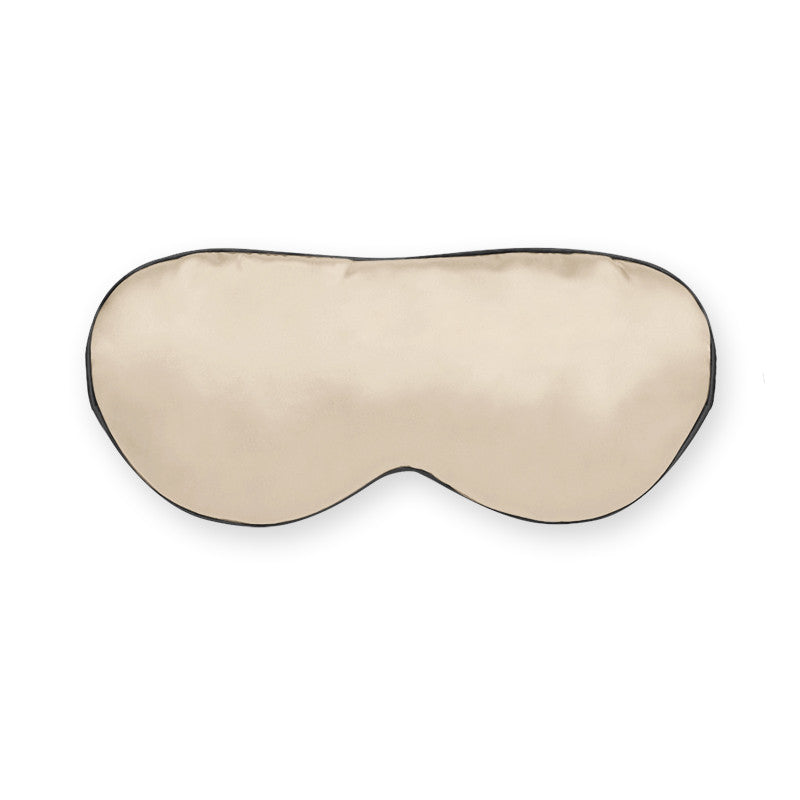
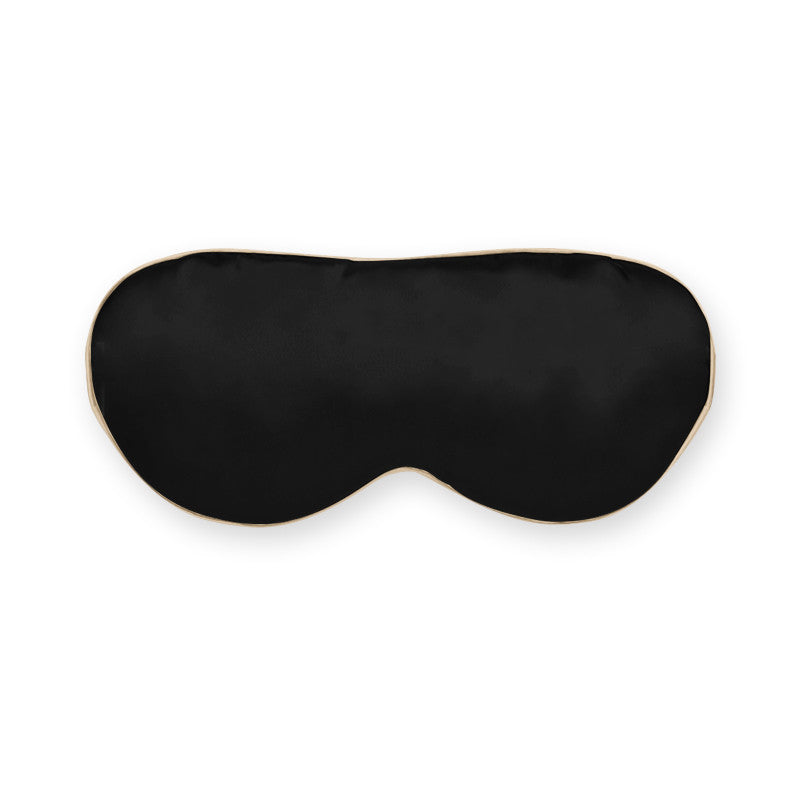
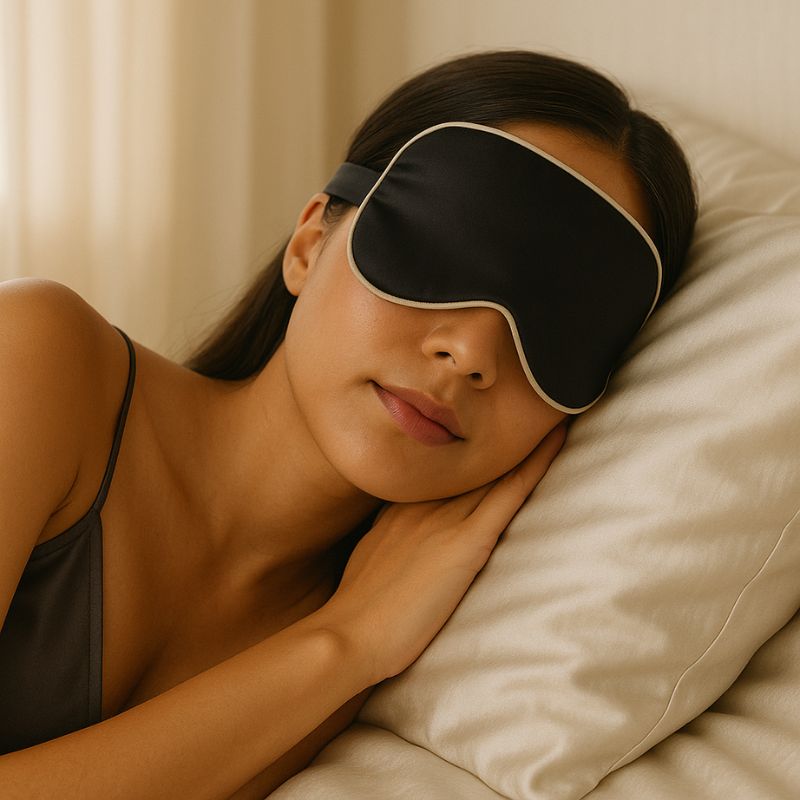
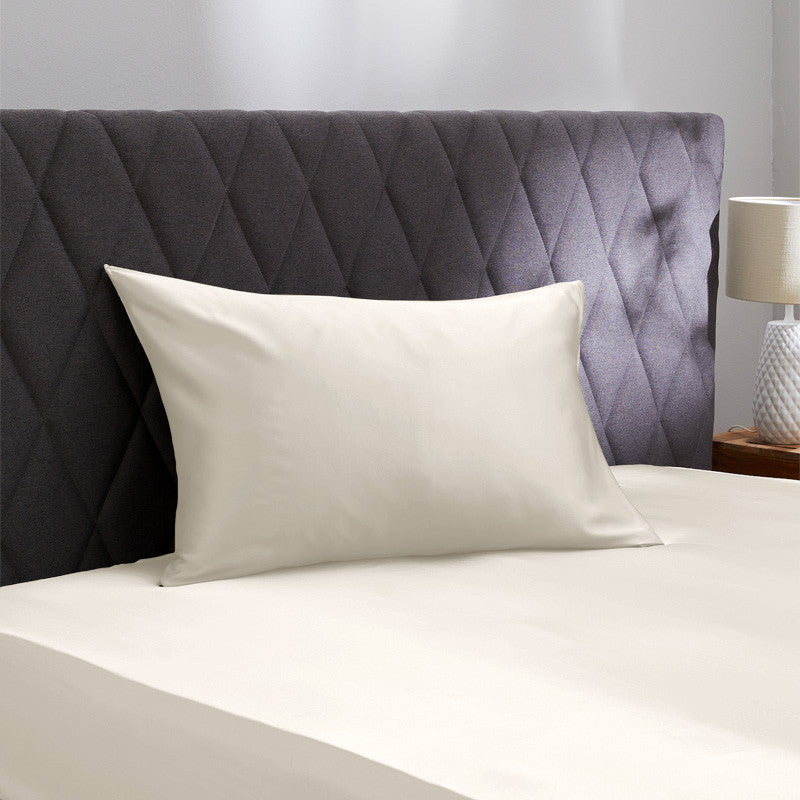
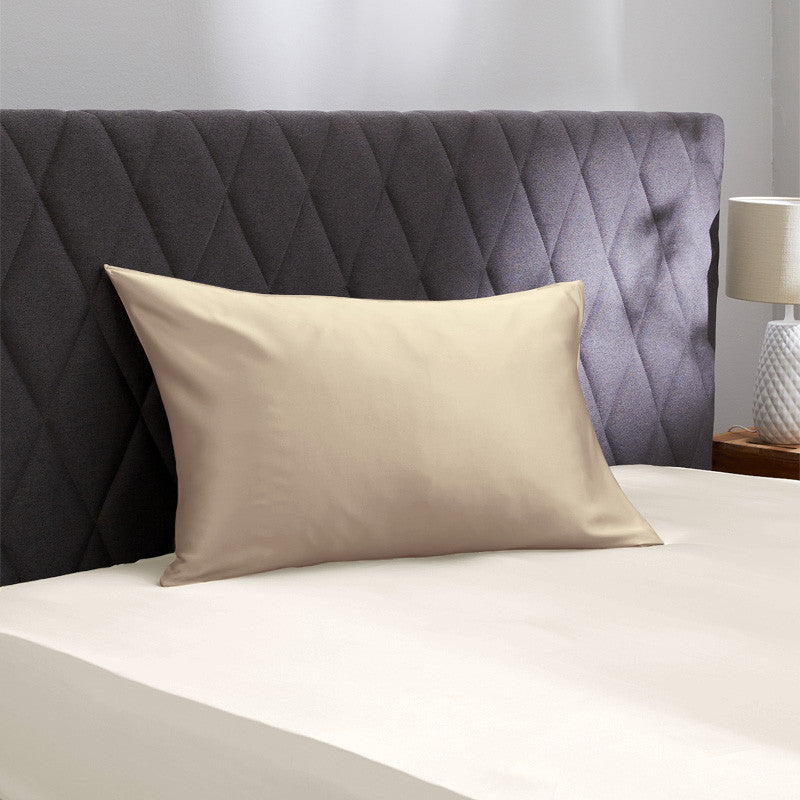
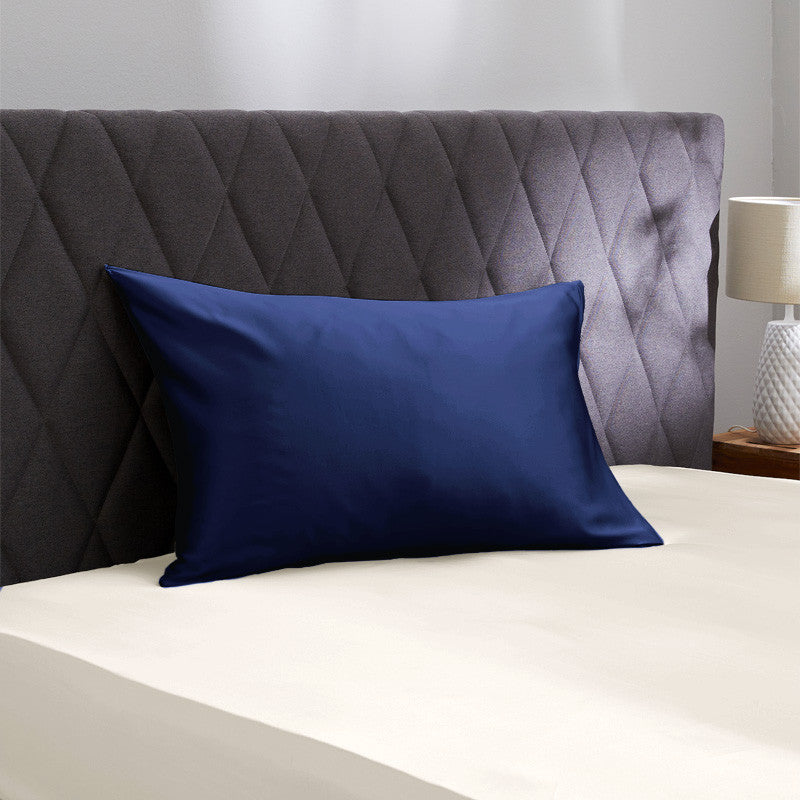
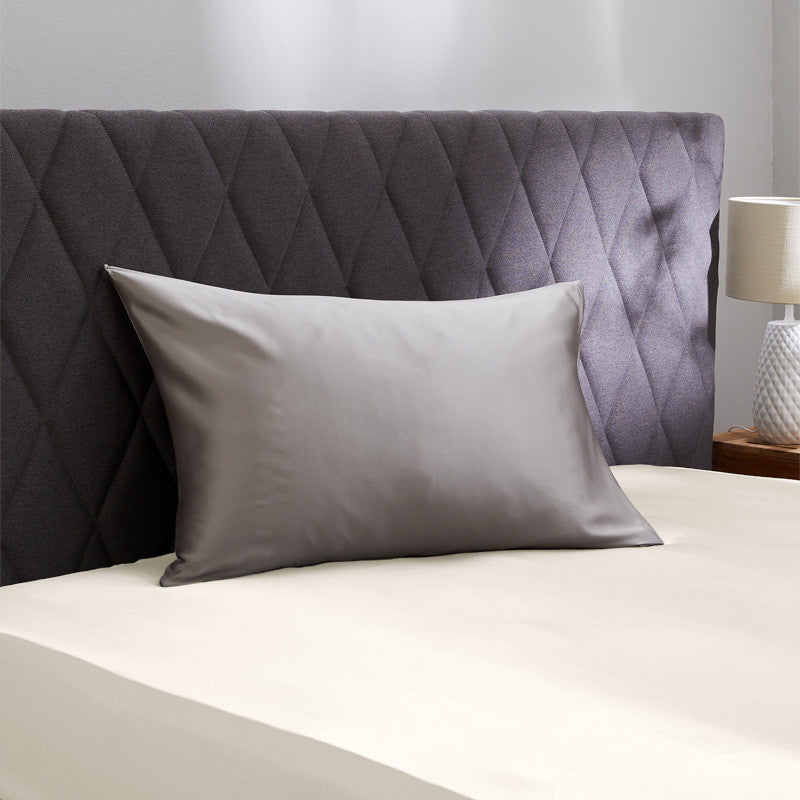
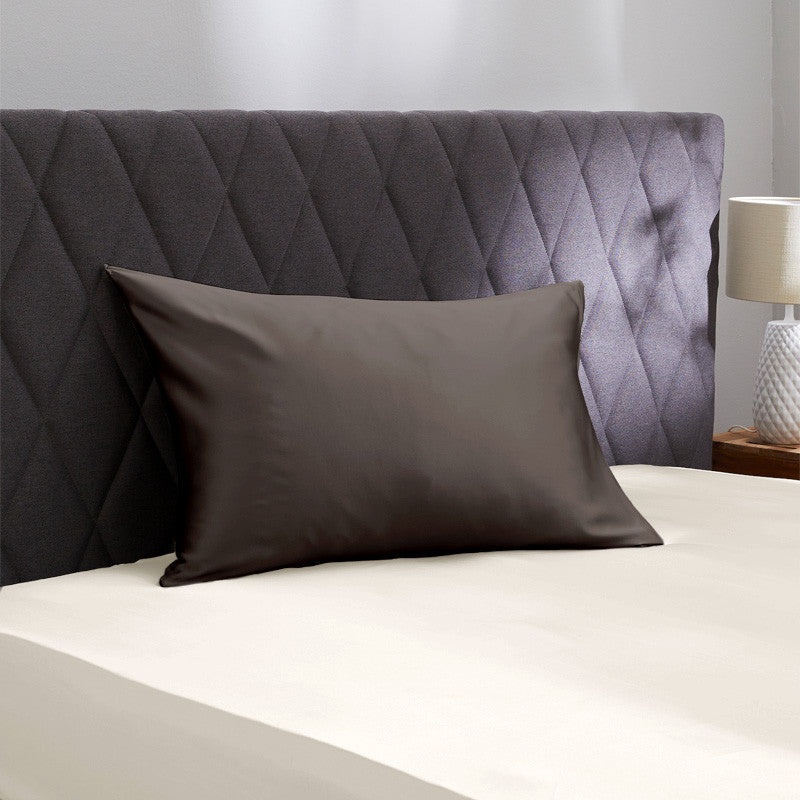
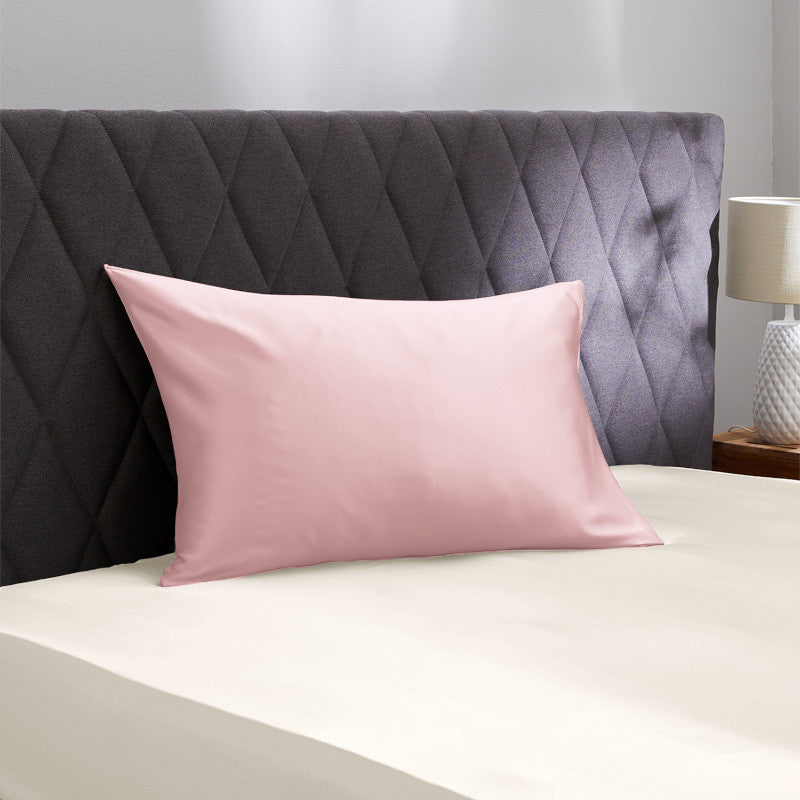
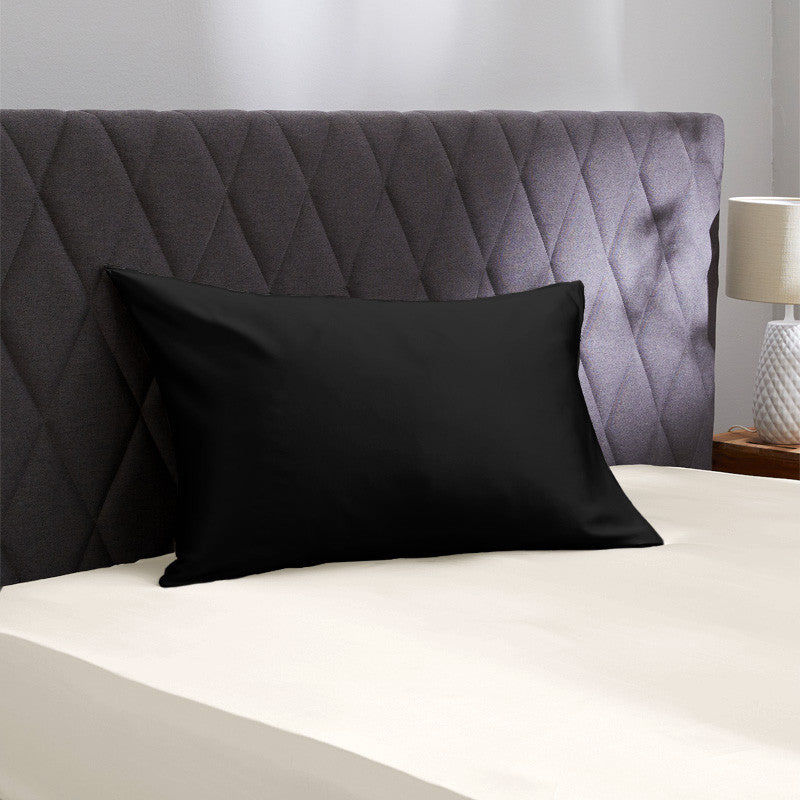
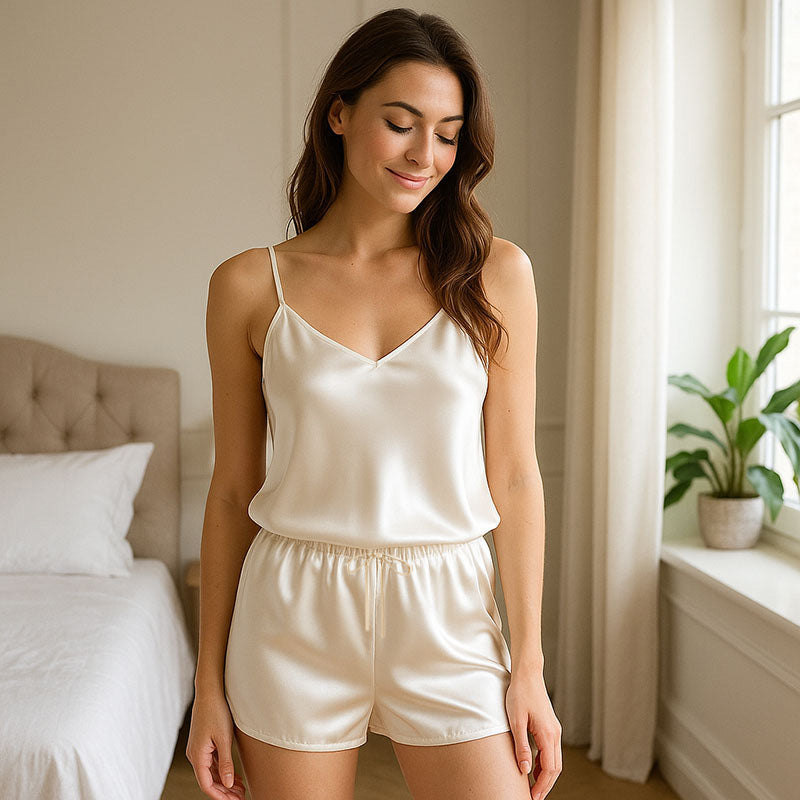
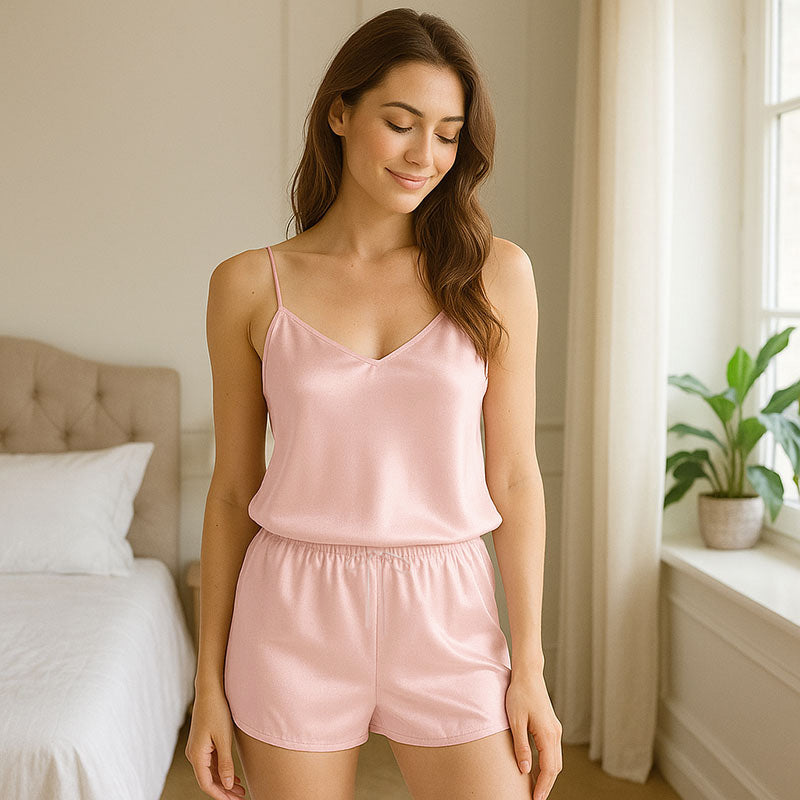
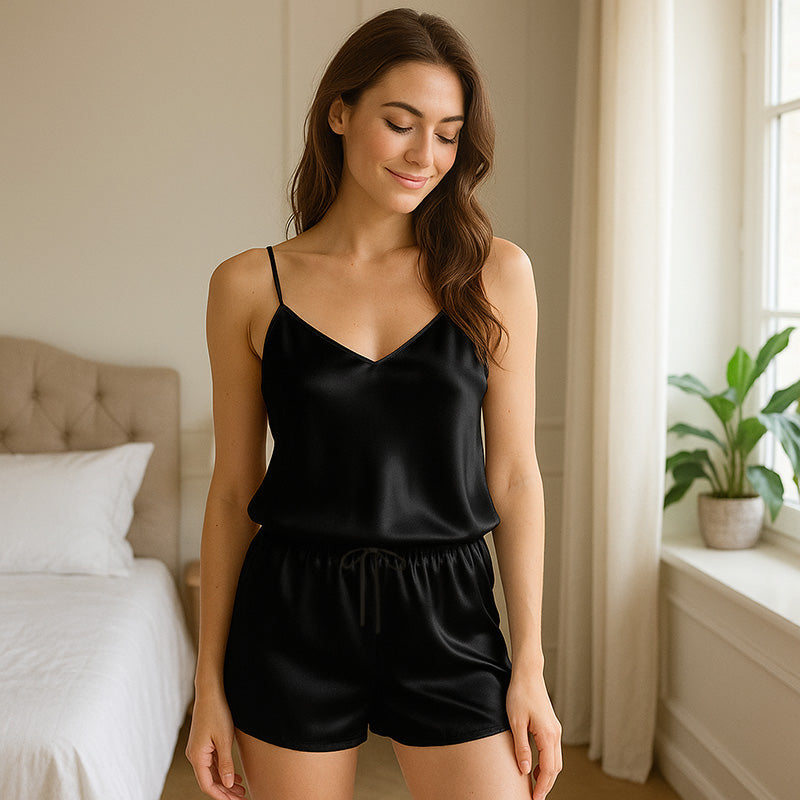
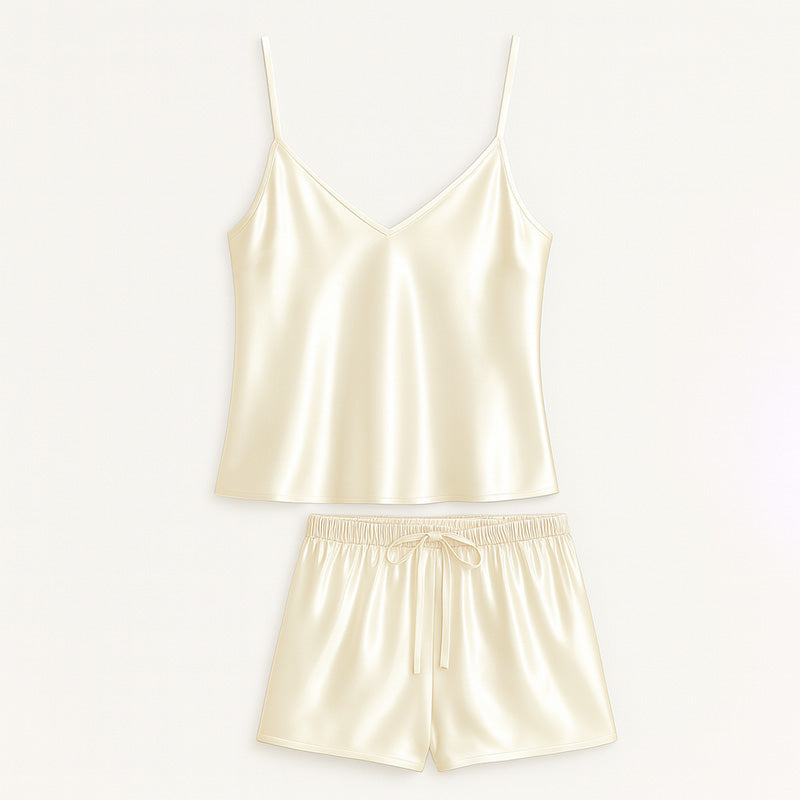
Leave a comment